Doctoral student Donovan Livingston leaped onto the national stage in May 2016 after delivering a convocation speech at Harvard’s Graduate School of Education. Livingston’s five-minute presentation, entitled “Lift Off,” quickly went viral and, to date, has had more than 20 million views. The address, which interweaves Livingston’s reflections on home, the importance of education, and historic racial relations, captured the attention of audiences throughout the world, international news agencies, educational leaders, celebrities, and politicians.
Q: How do you classify yourself? An educator? A student? A poet? A writer? A spoken-word artist?
All of the above – it’s difficult for me to separate those components. I’ve been a cocktail of these different aspects of my professional and artistic selves. It’s difficult to think of key moments in my academic or professional life without acknowledging how my art or poetry influences the way I interact with my students. It requires me to view myself as being more than just one thing, or having just one title. But if you forced me to name just one, then call me a student – I’ll always be that.
Q: When did you realize that Lift Off had – sorry – lifted off?
I gave this convocation speech on a Wednesday. Our commencement exercises were on Thursday. Someone seated next to me leaned over and said, “Dude, you’re on Buzzfeed.” Sure enough, I saw it posted with clips from the speech and I was taken aback. I then went to the School of Education for further ceremonies, and the dean announced that my video had received more than a million views over the past 24 hours. Then, on Friday, as my wife, Lauren, and I were driving back to North Carolina, my phone was going off every couple of seconds from news agencies and individuals from around the world. The most amazing call I received that day came from one of my heroes, Marian Wright Edelman. I revere these people, they’re leaders in the field, and here they were, reaching out to me.
Q: To what do you attribute Lift Off becoming a viral sensation?
Given the time of year – graduation – people were hungry for inspiration. Also, I’m a young black man talking about education and policy and, let’s face it, in our society young black men are not always associated with educational leadership. That fact, along with the point of origination – Harvard University – certainly helped it go viral.
Q: Did this experience provide insights into your writing, performance, or education?
I’m now more aware of how my words are received. I don’t want to fabricate who I am; the image I portray should reflect my lived experience. With that in mind, a 16-year-old Ugandan studying at the African Leadership Academy reached out to me as part of a class assignment in which they were to write to any leader in the world, living or dead. He reached out to me! I wrote back to him and encouraged him to work hard at his studies, to be true to himself, to be authentic, and to be unencumbered by systems of oppression – whether they’re educational, societal, or governmental.
Q: What types of stories do you tend to connect with?
I’m most moved by the stories of my parents’ youth. They were born in rural North Carolina in the ‘50s, a time and place when race was at the forefront of everything. Racism was in your face, what water fountain you could drink from, what school you were allowed to attend. My dad is a very hopeful person and he is able to regard what happened to him through a critical lens, with the sense that things can always get better. My mom participated in the civil rights movement; she was nine years old when she attended her first march and sit-in protest. She carried picket signs, sat at lunch counters, was vocal about her rights and what it meant to be human. To have parents who came from this era, who had this as their foundation for living in a democratic society, to hear their stories growing up, is deeply moving to me.
Q: What book is on your night-side stand?
Cornell West’s “Hope on a Tightrope,” published in 2008. I’m interested in how hope can be used as a method for inspiring people to understand their circumstances and rise above them. Hope is unquantifiable, but it’s tangible.
For further information on Donovan Livingston, he can be reached via the Penguin Random House Speakers Bureau. Also, view his recent World Forum presentation and his interview with The World Democracy Forum.


